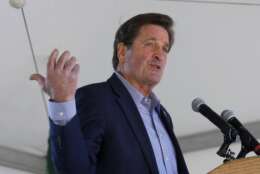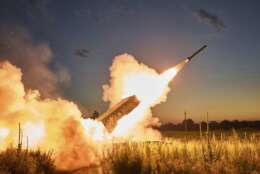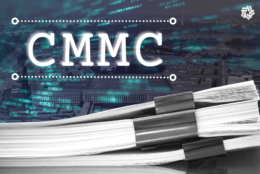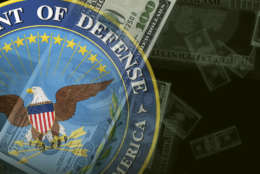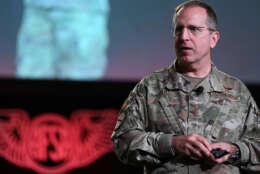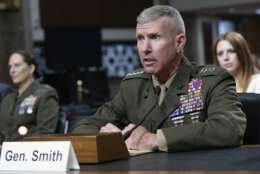On DoD
-
Steve Wallace, the director of emerging technology at DISA, said a new tool, called Concierge AI, will reduce the friction to the user to find and analyze data.
March 19, 2024 -
Shery Thomas, the cyber technology officer for the Marine Corps Cyberspace Command, said network consolidation is helping improve zero trust efforts.
March 18, 2024 -
Public and private sector organizations can reduce friction and make employees lives easier by leaning into tools like Slack, says the company's Rob Seaman.
March 17, 2024 -
Private 5G networks allow DoD to replicate real-world environments for training, as well as enable new technologies. But it needs a foundation.
March 15, 2024 -
As part of its move to the cloud, the Defense Department needs to integrate data and platforms to drive better, faster decisions, Qlik’s federal VP says.
March 14, 2024 -
The defense industrial base roster of companies keeps shrinking, and supply chain snags have become constant.
March 14, 2024 -
As in the rest of government, DoD's 2025 proposal would give civilian employees a 2% raise.
March 11, 2024 -
David Franklin Slater, 63, was working at U.S. Strategic Command in Nebraska.
March 08, 2024 -
Federal technology leaders from DISA, Army PEO-EIS and CMS are heading for new jobs in the private and public sectors.
March 06, 2024 -
The Defense Department recently issued proposed rules for its Cybersecurity Maturity Model Certification Program (CMMC).
March 06, 2024 -
NASA's Marshall Space Flight Center has a new director. Joseph Pelfrey has worked at Marshall in a variety of capacities for nearly 20 years.
March 06, 2024 -
After two years of study, the panel Congress assembled to fix DoD's budget process made 28 recommendations that could take years to implement.
March 06, 2024 -
The Air Force collects a lot of valuable data that will "never see the light of day," and the service's new vice chief of staff is looking for solutions.
March 05, 2024 -
A Massachusetts Air National Guard member has pleaded guilty in federal court to leaking highly classified military documents.
March 04, 2024 -
Officials say he has been listening in on meetings and getting updates in recent weeks in order to be prepared when he returns to full duty as commandant.
March 01, 2024






